
Chipata: Gateway to Eastern Zambia's Charm
Nestled in the rolling hills of Eastern Zambia, Chipata serves as an enchanting gateway to the wonders of this diverse region. Known for its friendly residents and vibrant markets, the city offers an authentic taste of Zambian culture. The bustling Saturday market is a must-visit, where you can find everything from fresh produce to handcrafted goods, providing a vivid snapshot of local life. Chipata is also a haven for nature lovers. Just a short drive from the city, you'll discover the stunning South Luangwa National Park, renowned for its wildlife and pristine landscapes. This park is a prime destination for safari enthusiasts, offering the chance to see elephants, lions, and a myriad of bird species in their natural habitat. Additionally, the nearby hills and valleys are perfect for hiking and exploring, offering breathtaking views and the opportunity to connect with the natural beauty of Zambia. The city itself is steeped in history, with colonial-era buildings and monuments that tell the story of its past. The vibrant culture is reflected in the local cuisine, where traditional Zambian dishes like nshima and fresh fish are a staple. A visit to one of the local restaurants will not only satisfy your taste buds but also give you a deeper appreciation of the region's rich culinary heritage.
Local tips in Chipata
- Visit the Saturday market early in the morning for the best selection of fresh produce and local crafts.
- Plan a safari trip to South Luangwa National Park to experience one of Africa’s premier wildlife destinations.
- Try the local dish 'nshima' at a traditional restaurant for an authentic Zambian culinary experience.
- Hire a local guide for hiking trips to get the most out of the scenic hills and valleys around Chipata.
- Explore the colonial-era buildings in the city to gain insight into Chipata's historical background.
Chipata: Gateway to Eastern Zambia's Charm
Nestled in the rolling hills of Eastern Zambia, Chipata serves as an enchanting gateway to the wonders of this diverse region. Known for its friendly residents and vibrant markets, the city offers an authentic taste of Zambian culture. The bustling Saturday market is a must-visit, where you can find everything from fresh produce to handcrafted goods, providing a vivid snapshot of local life. Chipata is also a haven for nature lovers. Just a short drive from the city, you'll discover the stunning South Luangwa National Park, renowned for its wildlife and pristine landscapes. This park is a prime destination for safari enthusiasts, offering the chance to see elephants, lions, and a myriad of bird species in their natural habitat. Additionally, the nearby hills and valleys are perfect for hiking and exploring, offering breathtaking views and the opportunity to connect with the natural beauty of Zambia. The city itself is steeped in history, with colonial-era buildings and monuments that tell the story of its past. The vibrant culture is reflected in the local cuisine, where traditional Zambian dishes like nshima and fresh fish are a staple. A visit to one of the local restaurants will not only satisfy your taste buds but also give you a deeper appreciation of the region's rich culinary heritage.
When is the best time to go to Chipata?
Iconic landmarks you can’t miss
Protea Hotel Chipata
Discover the charm of Chipata while enjoying unparalleled comfort at Protea Hotel Chipata, your ideal base for exploring Zambia's Eastern Province.
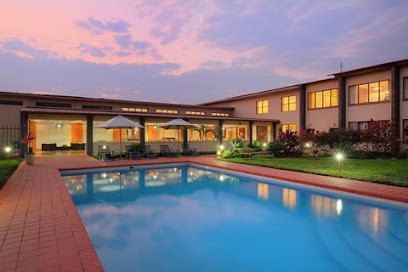
Kapata Market
Discover the vibrant Kapata Market in Chipata, Zambia – a bustling hub of culture, crafts, and culinary delights awaiting your exploration.
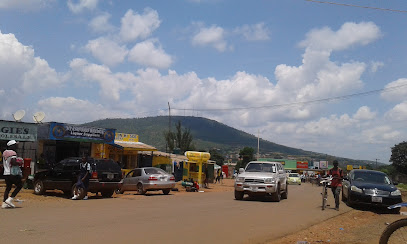
Luangwa House
Discover genuine Zambian hospitality at Luangwa House in Chipata, a cozy guest house perfect for experiencing local culture and comfort.
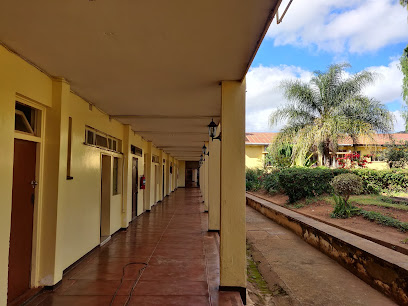
La Rochelle Lodge
Discover the perfect blend of comfort and local cuisine at La Rochelle Lodge in Chipata, Eastern Province. A delightful escape for every traveler.
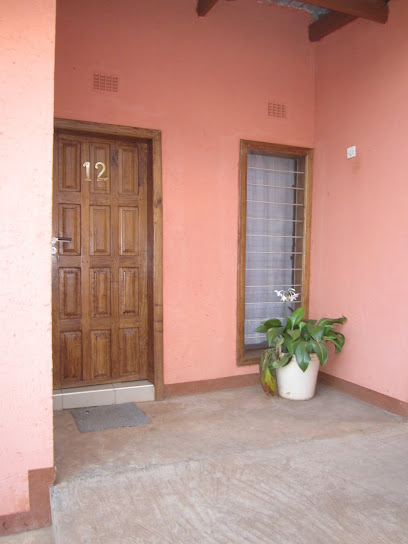
Panarottis Chipata
Discover the rich flavors of Italy at Panarottis Chipata, where delicious pizzas and warm hospitality await every visitor.
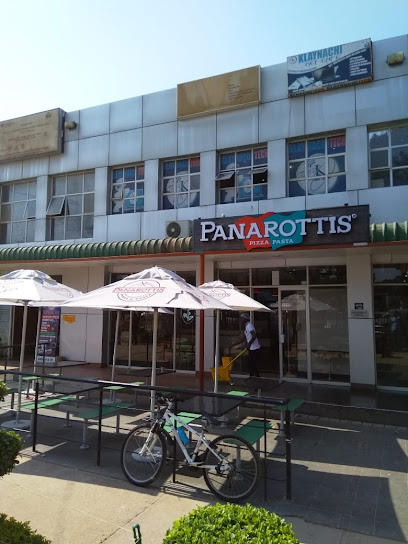
Deans Hill View Lodge
Experience nature's beauty at Deans Hill View Lodge, a serene campground in Chipata, Zambia, perfect for adventurers and families alike.

Mama Rulas
Explore the beauty of Chipata at Mama Rulas Campground, a perfect getaway for nature lovers and adventure seekers in Zambia.

2031, Hillsview Office Park
Experience modern office solutions at Hillsview Office Park, Chipata – the perfect workspace for business travelers and entrepreneurs.
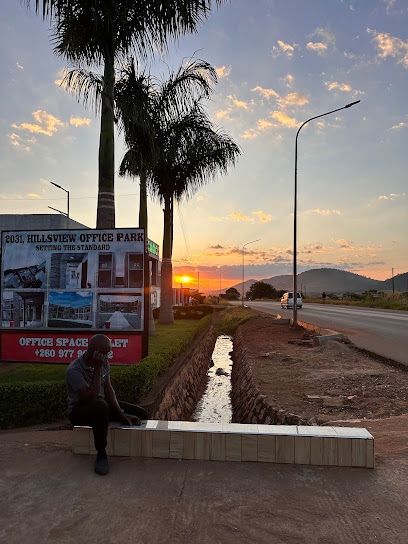
KAMUNGU SHOPPING COMPLEX
Discover the vibrant Kamungu Shopping Complex in Chipata, where local culture meets modern shopping for an unforgettable experience.
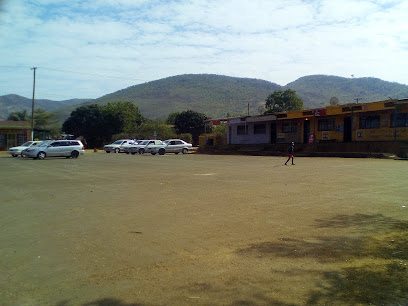
Chipata Central Hospital
Explore the heart of healthcare in Chipata at Chipata Central Hospital, where community care meets dedicated service in Zambia.
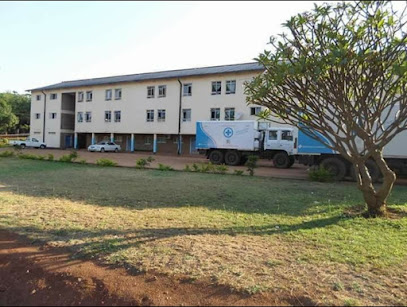
Cathedral of St. Anne's
Explore the architectural splendor and spiritual serenity of the Cathedral of St. Anne's in Chipata, a must-visit destination for every traveler.
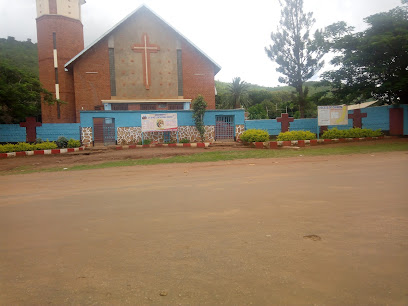
Ma'had ar-Rasheed al-Islami
Discover the cultural richness and serene beauty of Ma'had ar-Rasheed al-Islami, an essential mosque in the heart of Chipata, Zambia.
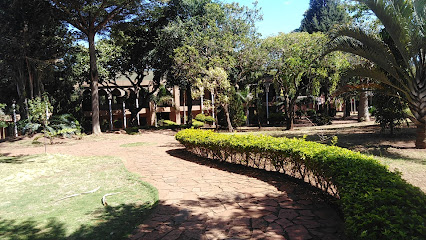
United Church of Zambia All Saints
Explore the United Church of Zambia All Saints in Chipata, a beautiful Protestant church steeped in history and community spirit, offering visitors a glimpse into local culture.
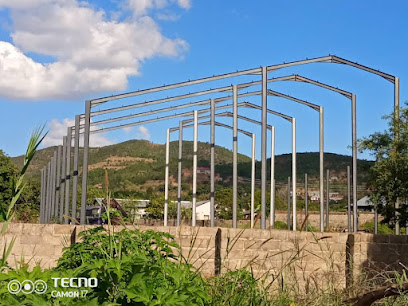
Kapata Mosque
Explore the serene Kapata Mosque in Chipata, a stunning testament to Islamic architecture and Zambian cultural heritage.
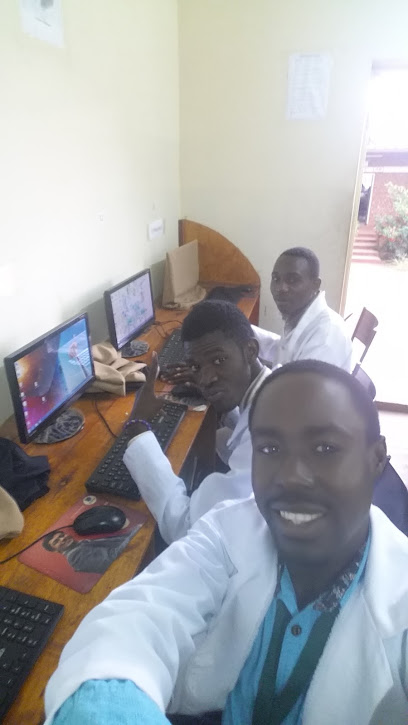
St. Mathias Mulumba Catholic Church
Discover the spiritual and cultural essence of Chipata at St. Mathias Mulumba Catholic Church, a beautiful blend of tradition and community.

Unmissable attractions to see
South Luangwa National Park
Discover the breathtaking wildlife and landscapes of South Luangwa National Park, a must-visit national park for nature lovers in Zambia.
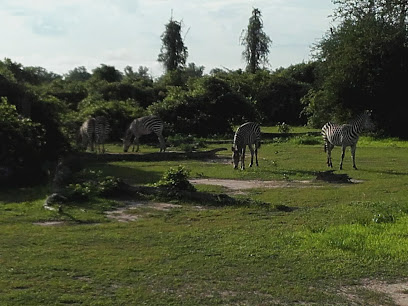
Luambe Camp - Luambe National Park
Experience the breathtaking wilderness of Luambe Camp in Luambe National Park, a haven for wildlife enthusiasts and nature lovers seeking adventure.
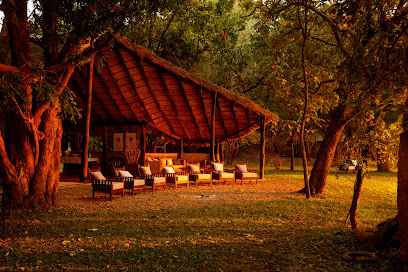
Mpezeni Park Square
Experience the tranquility of Mpezeni Park Square in Chipata, a perfect blend of nature and local culture for a relaxing getaway.
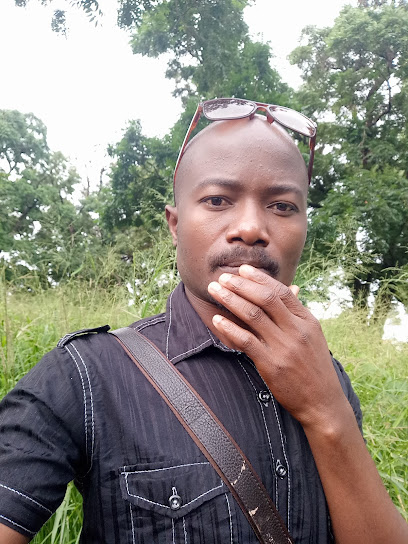
Kauzu Game Ranch
Discover the natural wonders of Kauzu Game Ranch in Chipata, where wildlife encounters and scenic beauty await every adventurer.
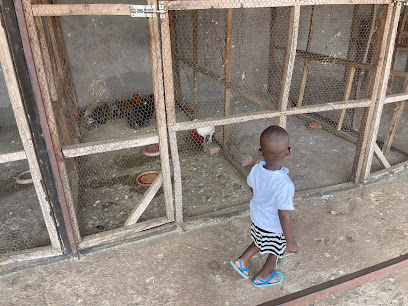
Wildlife Playpark
Discover the beauty of nature at Wildlife Playpark, a serene escape in Chipata, Zambia, perfect for wildlife enthusiasts and families.

Department of National Parks and Wildlife Forest
Discover the beauty and diversity of wildlife at the Department of National Parks and Wildlife Forest, a haven for nature lovers in Chipata.
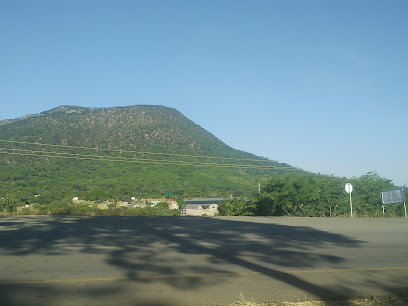
Msoro hot spring
Unwind in Zambia's hidden gem, the tranquil Msoro Hot Spring, a perfect escape for relaxation and natural beauty.
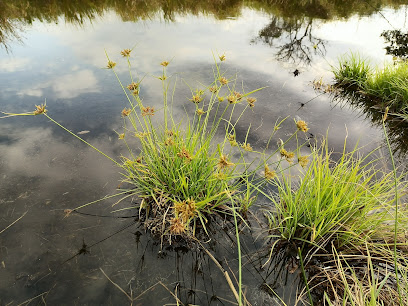
Gondar Dam
Experience tranquility at Gondar Dam in Changato, Zambia, where stunning natural beauty meets serene waters, perfect for a peaceful retreat.
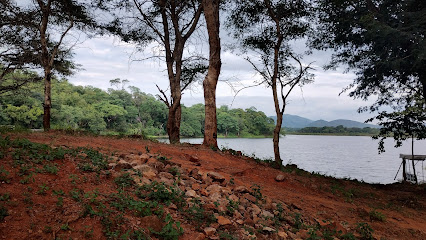
Musaope Akumbuseni Gardens
Explore the beauty of Musaope Akumbuseni Gardens, a vibrant oasis of flora in Zambia, perfect for relaxation, education, and birdwatching.
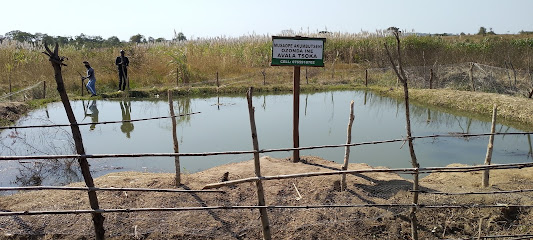
Apollo Dam
Discover the breathtaking beauty of Apollo Dam in Chipata, Zambia – a hiking paradise set along the tranquil Msandile River, perfect for adventure and relaxation.
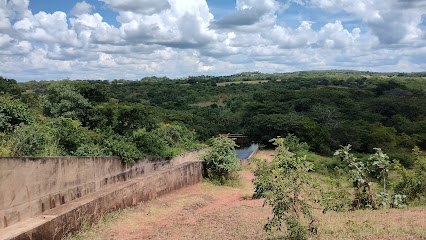
Nkhuzyeni waterfront
Experience the tranquility of Nkhuzyeni Waterfront in Chipata, where breathtaking views meet vibrant local culture, perfect for relaxation and exploration.
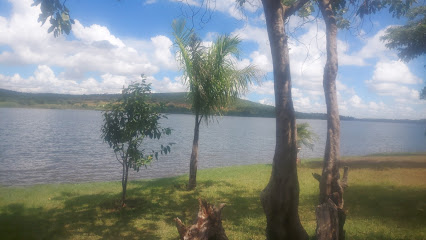
Mbewuleni Ranch and Private Nature Reserve
Experience the tranquility and natural beauty of Mbewuleni Ranch and Private Nature Reserve, a must-visit destination in Katambo, Zambia.
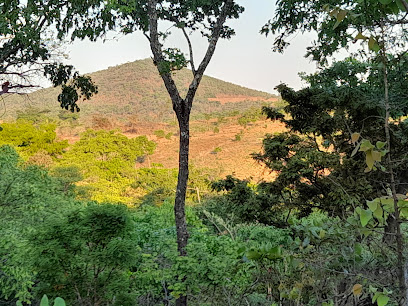
Mphata Hills
Explore the breathtaking Mphata Hills, a serene natural wonder in Zambia perfect for hiking, photography, and relaxation amidst stunning landscapes.
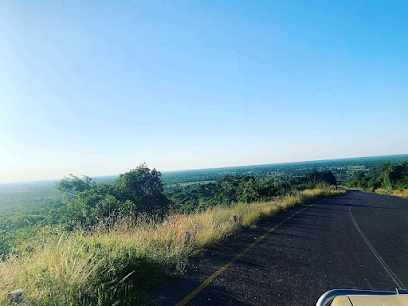
FEDSON TEMBO Farm
Explore the serene beauty of FEDSON TEMBO Farm, a tranquil park in Chipata, perfect for nature lovers and those seeking relaxation amidst stunning landscapes.
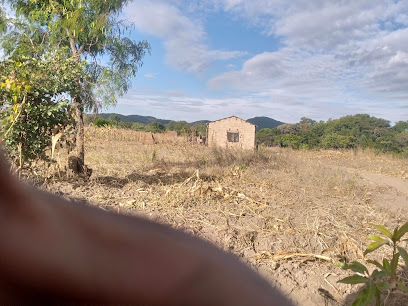
Norman Carr Monument
Explore Zambia's heritage at the Norman Carr Monument, a significant tribute to wildlife conservation and the remarkable legacy of Norman Carr.
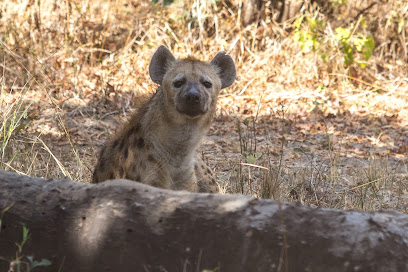
Essential places to dine
Crystal Springs Hotel
Experience comfort and culinary delight at Crystal Springs Hotel in Chipata, where vibrant culture meets warm hospitality.
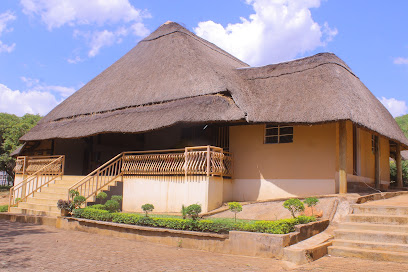
Hungry Lion - Chipata
Experience mouthwatering chicken dishes at Hungry Lion in Chipata - where flavor meets tradition in every bite.
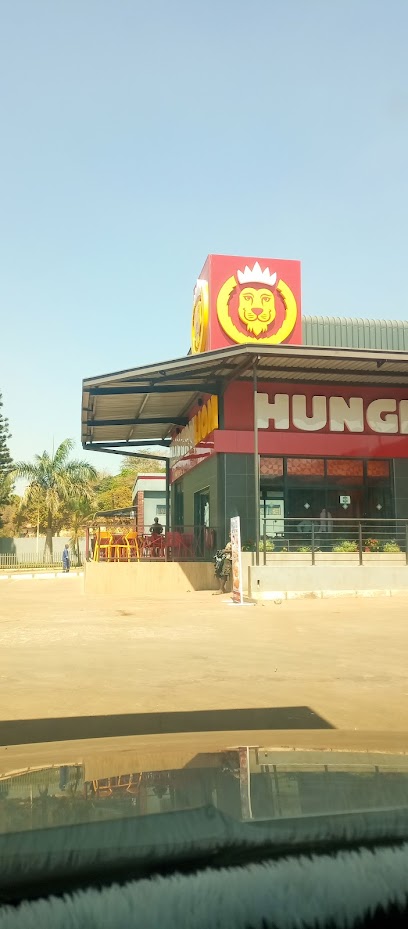
Khana Khazana Restaurant
Savor the best of Asian fusion cuisine at Khana Khazana Restaurant in Chipata - a culinary delight not to be missed!
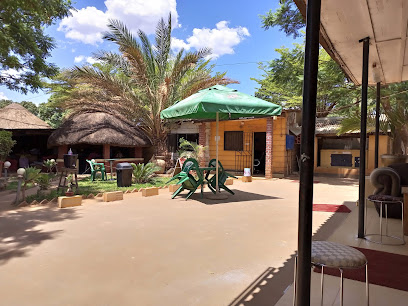
Kasak's Shokas
Experience authentic Zambian cuisine at Kasak's Shokas in Chipata – where tradition meets flavor in every dish.
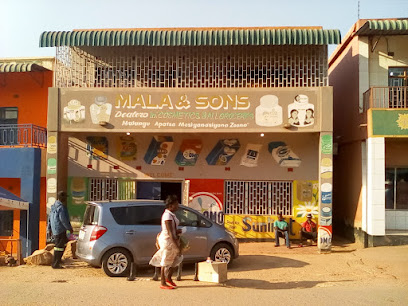
La Rochelle Lodge
Experience comfort and authentic Zambian cuisine at La Rochelle Lodge in Chipata – your ideal travel retreat.
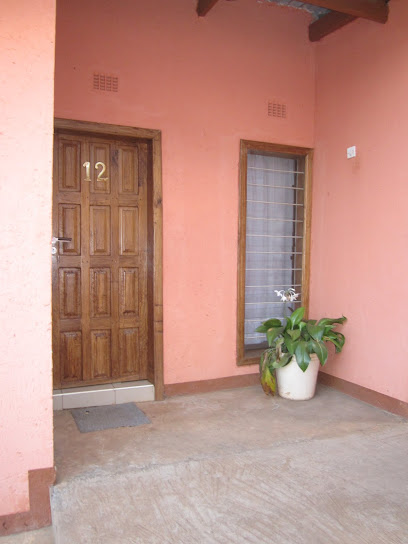
Panarottis Chipata
Experience authentic Italian cuisine with delicious pizzas at Panarottis Chipata – where Zambian warmth meets Italian flavors.
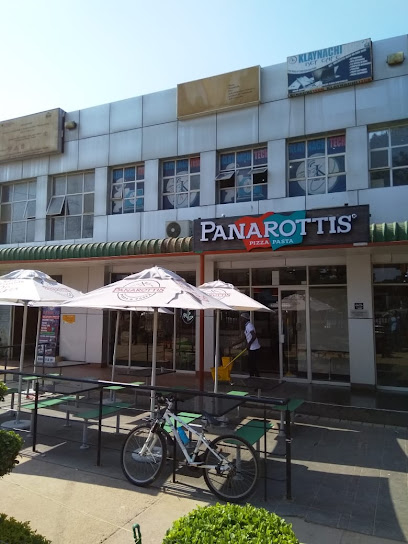
Blue Gums Pub and Grill
Discover Blue Gums Pub and Grill: A culinary gem in Chipata offering authentic Zambian cuisine and vibrant dining experiences.
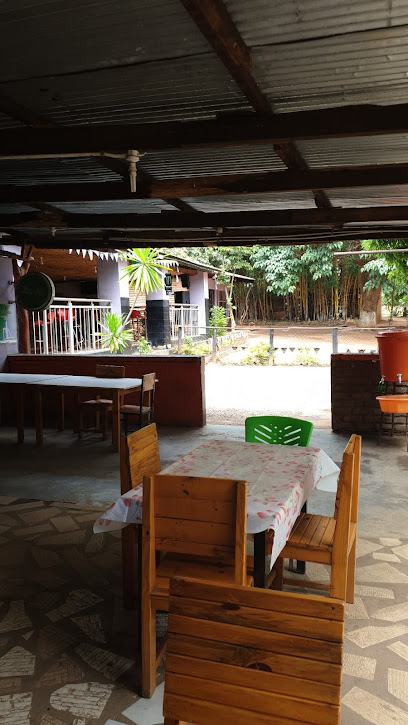
Jire Restaurant and Take Away (Church Road)
Experience authentic Zambian cuisine at Jire Restaurant - A delightful stop in Chipata offering delicious meals in a warm atmosphere.
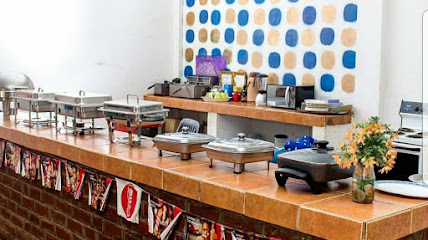
MTENGULENI EVENTS CENTRE
Discover authentic Zambian cuisine at Mtenguleni Events Centre – where local culture meets delicious dining.
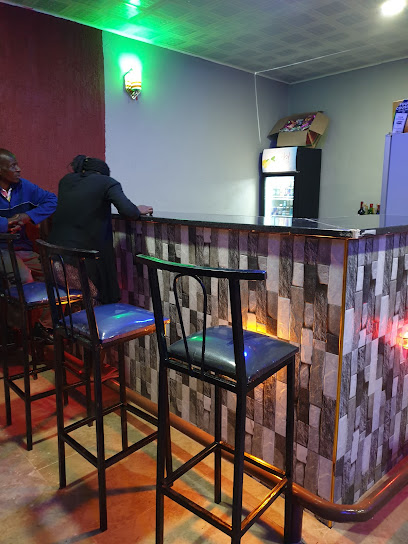
Wonderful Conner
Experience Chipata's vibrant dining scene at Wonderful Conner - where delicious grilled dishes meet a lively atmosphere.
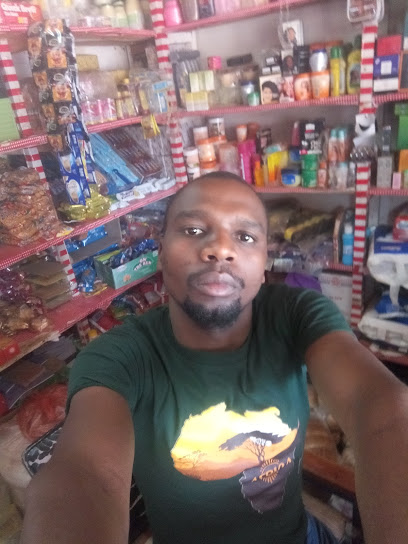
Chipalamba
Experience authentic Zambian cuisine at Chipalamba – where every meal is a celebration of local flavors.
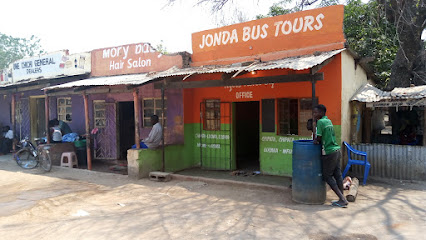
Rikiti Pizza
Discover authentic Italian flavors at Rikiti Pizza in Chipata - where every slice tells a story!

ASIAN STAR RESTAURANT AND BAR
Savor the rich flavors of Asia at Asian Star Restaurant and Bar in Chipata – where delicious cuisine meets vibrant nightlife.
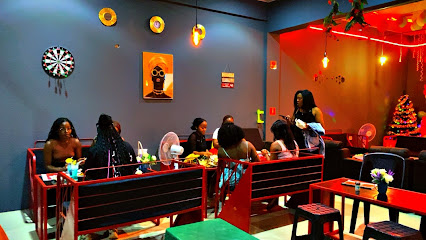
Chingilani Indian restaurant
Experience authentic Indian cuisine at Chingilani Indian Restaurant in Chipata - where rich flavors meet warm hospitality.
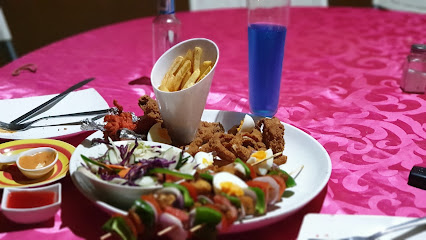
A videira Fast Foods
Experience delicious fast food delights at A Videira Fast Foods in Chipata, Zambia—where taste meets convenience!
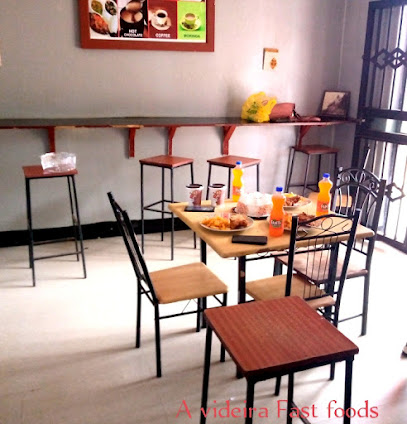
Markets, malls and hidden boutiques
Shoprite Chipata
Explore the vibrant offerings of Shoprite Chipata, where local flavors and grocery essentials come together in a delightful shopping experience.
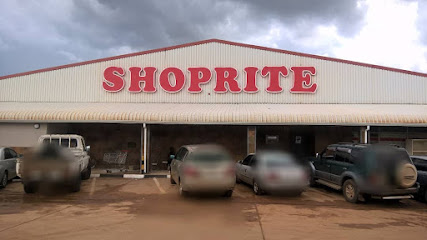
Chipata Mall
Experience the vibrant atmosphere of Chipata Mall, where shopping, dining, and local culture converge in one lively destination.
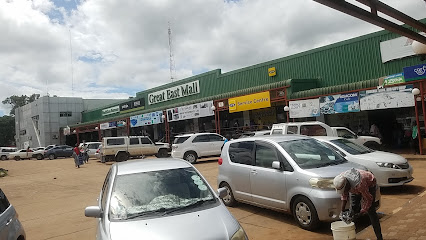
Spar Chipata
Discover local flavors and essentials at Spar Chipata, your go-to grocery store in the heart of Chipata, Zambia.
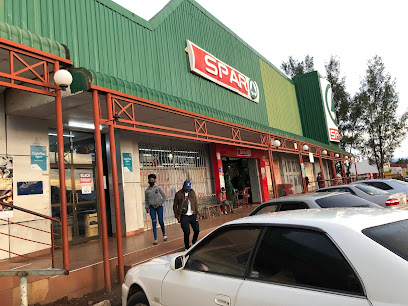
KAMUNGU SHOPPING COMPLEX
Experience the vibrant culture and shopping delights at Kamungu Shopping Complex in Chipata, Zambia, a must-visit destination for tourists.
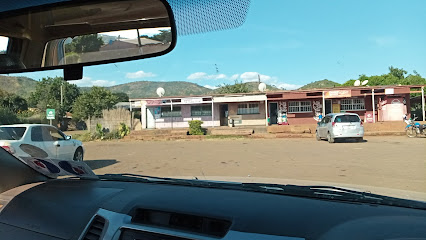
Yalelo Chipata City Store
Explore the vibrant offerings of Yalelo Chipata City Store, your go-to supermarket for local and international products in Chipata, Zambia.
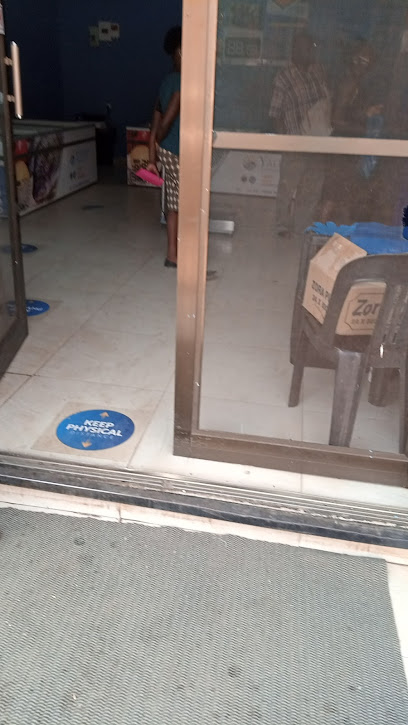
Kusogola Centre
Explore Kusogola Centre in Chipata for an unforgettable shopping experience filled with local culture, dining, and vibrant atmosphere.

PEP Zambia Chipata
Discover affordable family fashion at PEP Zambia Chipata, your ultimate clothing destination in Chipata, Zambia, blending local styles with everyday wear.

PEP Zambia Chipata Shoprite
Experience family-friendly shopping at PEP Zambia Chipata, offering stylish clothing for all ages at affordable prices.

Magazine Compound
Explore Magazine Compound in Chipata for a vibrant grocery shopping experience filled with local culture and fresh produce.
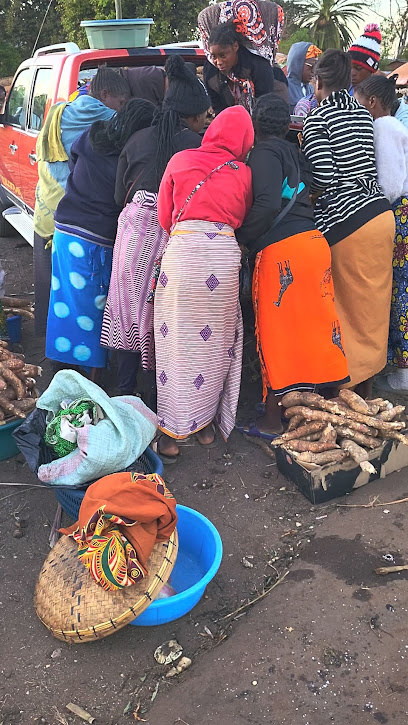
Top One
Explore Top One in Chipata for a unique grocery experience blending local culture with a diverse selection of fresh produce and goods.

OK Furniture Chipata
Explore unique furniture options at OK Furniture Chipata, offering quality pieces that reflect Zambian culture and style.
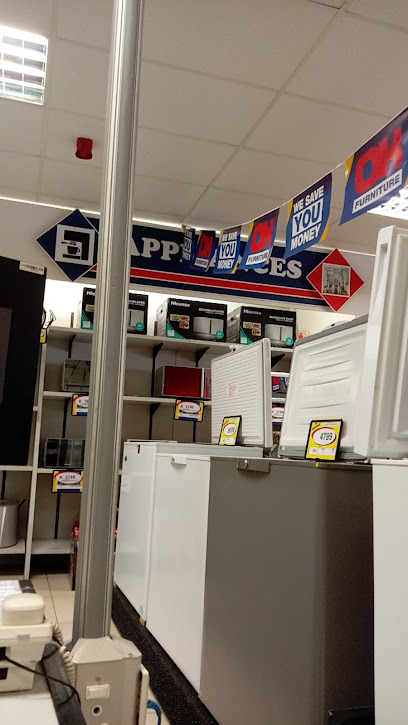
Mud
Explore Mud, a charming clothing boutique in Chipata, for stylish and affordable fashion that embodies local culture and contemporary trends.

Discount center
Experience local culture and vibrant shopping at Chipata's Discount Center, a grocery store offering a wide selection of Zambian products.
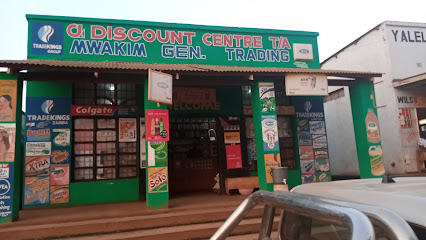
Uncle Chipeta Boutique
Explore unique fashion at Uncle Chipeta Boutique in Chipata, where local culture meets contemporary style in a vibrant shopping experience.

Holy Corner Shopping Centre
Discover local treasures and modern shopping at Holy Corner Shopping Centre in Chipata, where culture meets retail.

Essential bars & hidden hideouts
Booze Empire
Experience the vibrant nightlife of Chipata at Booze Empire, where refreshing drinks and a lively atmosphere await you.
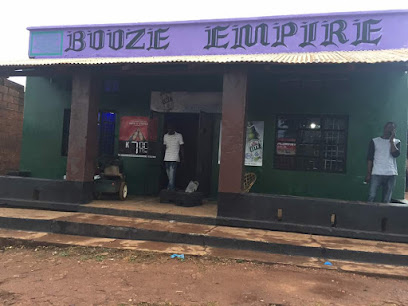
Wonderful Conner
Savor the best grilled delights in Chipata at Wonderful Conner, where local flavors meet vibrant atmosphere and friendly service.
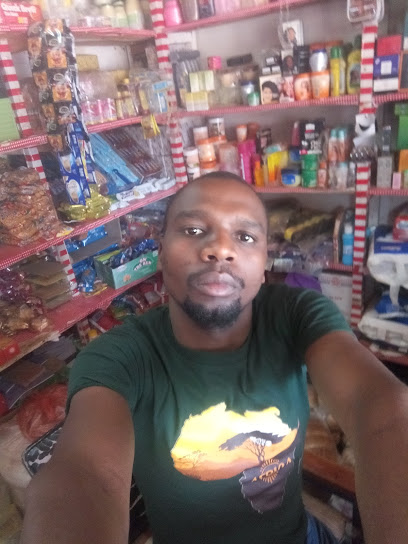
ASIAN STAR RESTAURANT AND BAR
Delight in a culinary journey at Asian Star Restaurant and Bar, the perfect blend of delicious Asian cuisine and vibrant nightlife in Chipata.
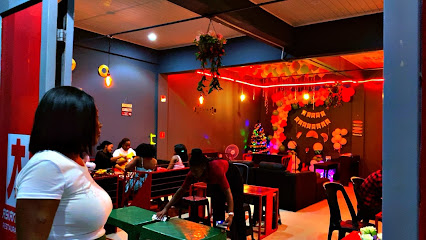
Bluegums Pub N Grill
Discover the lively Bluegums Pub N Grill in Chipata, where delicious local cuisine meets vibrant nightlife in an unforgettable setting.

Gee Spot
Discover the lively ambiance of Gee Spot, Chipata's premier bar for refreshing drinks and local culture in a vibrant setting.

Maynard Bar & Grill
Discover the lively atmosphere and delicious offerings at Maynard Bar & Grill, a must-visit spot in Chipata for food and fun.
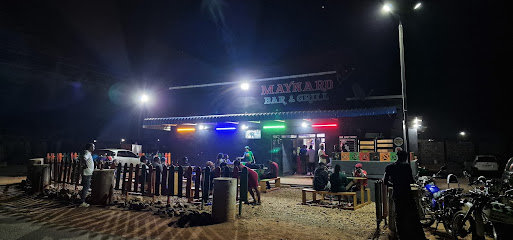
Devils street
Experience the vibrant nightlife of Chipata at Devil's Street, where locals and travelers come together for unforgettable evenings filled with fun and laughter.
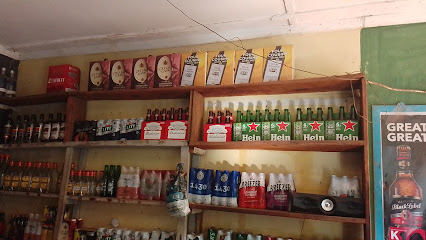
The Place
Experience the vibrant nightlife of Chipata at The Place Bar, where local culture and community come alive in a lively atmosphere.
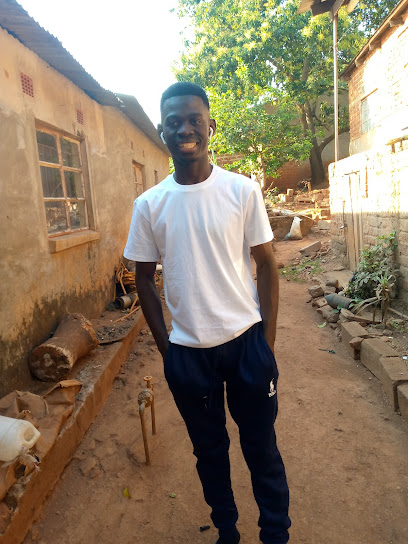
Kabanan bar
Experience the vibrant nightlife at Kabanan Bar in Chipata, where local drinks and lively music create an unforgettable atmosphere.

JAY'S BAR,SHISHA AND SHOKAZ
Discover the vibrant nightlife at Jay's Bar, Shisha and Shokaz in Chipata, where local culture meets a lively atmosphere and delicious shisha.
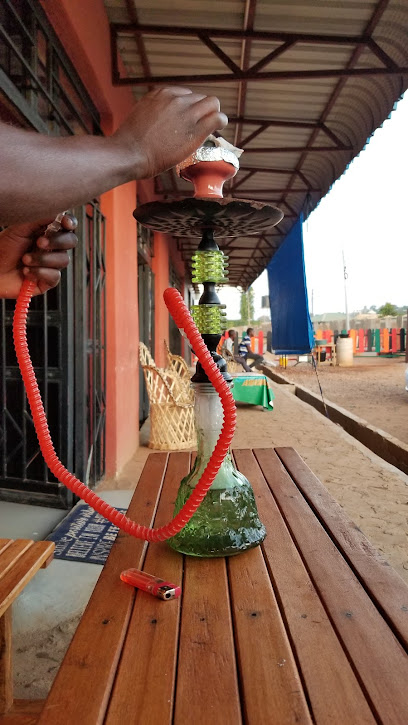
TAPY'S BAR
Experience local nightlife at TAPY'S BAR in Chipata, where affordable drinks and a friendly atmosphere await every traveler.
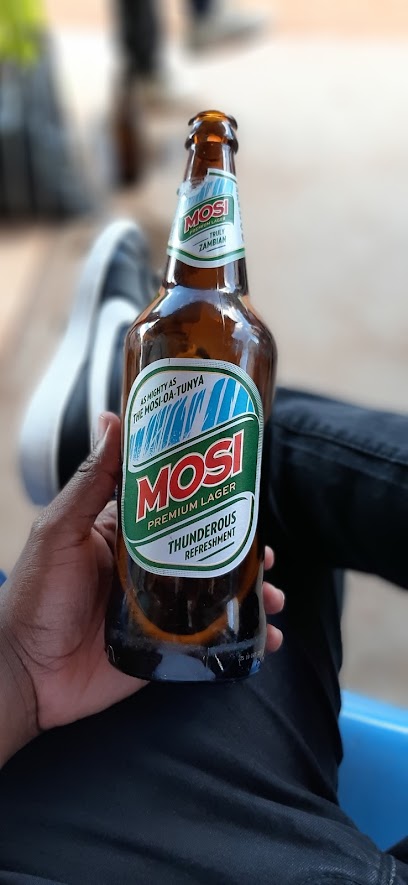
Lizzy's Pub
Discover the lively charm of Lizzy's Pub in Chipata, where local culture meets vibrant nightlife for an unforgettable experience.

Chikhute Complex
Discover the vibrant nightlife at Chikhute Complex, a top bar in Chipata serving up great drinks and local flavor for an unforgettable experience.
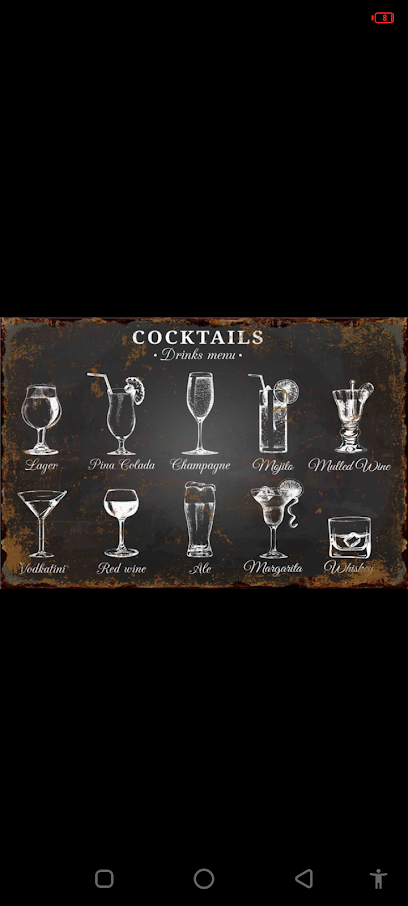
Venus Bar
Discover the lively Venus Bar in Chipata, a local favorite for drinks, friendly faces, and authentic nightlife experiences.

Local Phrases
-
- HelloMuli bwanji
[moo-lee bwan-jee] - GoodbyeZikomo
[zee-koh-moh] - YesEe
[ay] - NoAyi
[ah-yee] - Please/You're welcomeChonde
[chon-day] - Thank youZikomo kwambiri
[zee-koh-moh kwam-bee-ree] - Excuse me/SorryPepani
[peh-pah-nee] - How are you?Muli bwanji?
[moo-lee bwan-jee] - Fine. And you?Ndili bwino. Inu?
[nn-dee-lee bw-ee-noh ee-noo] - Do you speak English?Mukudziwa Chingerezi?
[moo-koo-dzee-wah chin-geh-reh-zee] - I don't understandSindidziwa
[sin-dee-zee-wah]
- HelloMuli bwanji
-
- I'd like to see the menu, pleaseNdikufuna kuyang'ana menu, chonde
[nn-dee-koo-foo-nah koo-yang-an-ah men-yoo chon-day] - I don't eat meatSindidya nyama
[sin-dee-jah nyah-mah] - Cheers!Mwaonong'a!
[mwah-oh-non-gah] - I would like to pay, pleaseNdikufuna kugulitsa, chonde
[nn-dee-koo-foo-nah koo-goo-lee-tsah chon-day]
- I'd like to see the menu, pleaseNdikufuna kuyang'ana menu, chonde
-
- Help!Chilipo!
[chee-lee-poh] - Go away!Pita!
[pee-tah] - Call the Police!Pemphani apolisi!
[pehm-pah-nee ah-poh-lee-see] - Call a doctor!Pemphani dokotala!
[pehm-pah-nee doh-koh-tah-lah] - I'm lostNdimadutsa
[ndee-mah-doot-sah] - I'm illNdimakonda
[ndee-mah-kohn-dah]
- Help!Chilipo!
-
- I'd like to buy...Ndikufuna kugula...
[nn-dee-koo-foo-nah koo-goo-lah] - I'm just lookingNdikufuna kuyang'ana basi
[nn-dee-koo-foo-nah koo-yang-an-ah bah-see] - How much is it?Yaiti bwanji?
[yigh-tee bwan-jee] - That's too expensiveYaiti yavuta kwambiri
[yigh-tee yah-voo-tah kwam-bee-ree] - Can you lower the price?Mungandiyendeleze bwanji?
[moo-ngahn-dee-yen-deh-leh-zeh bwan-jee]
- I'd like to buy...Ndikufuna kugula...
-
- What time is it?Saa ndi imodzi?
[sah ndee ee-moh-zee] - It's one o'clockNdi pa saa imodzi
[ndee pah sah ee-moh-zee] - Half past (10)Kulandiridwa ndi imodzi (10)
[koo-lahn-dee-rheed-wah ndee ee-moh-zee] - MorningUsiku
[oo-see-koo] - AfternoonMawa
[mah-wah] - EveningM'mawa
[mmah-wah] - YesterdayIzakuchitika
[ee-zah-koo-chee-tee-kah] - TodayLero
[leh-roh] - TomorrowMawa
[mah-wah] - 1Moja
[moh-jah] - 2Ziwiri
[zee-wee-ree] - 3Zitatu
[zee-tah-too] - 4Zinayi
[zee-nah-yee] - 5Zisanu
[zee-sah-noo] - 6Zidzete
[zee-dzeh-teh] - 7Ziwiri
[zee-wee-ree] - 8Ziwiri
[zee-wee-ree] - 9Ziwiri
[zee-wee-ree] - 10Ziwiri
[zee-wee-ree]
- What time is it?Saa ndi imodzi?
-
- Where's a/the...?Iko bwanji...?
[ee-koh bwan-jee] - What's the address?Ndani adzina?
[nn-dah-nee ah-dzee-nah] - Can you show me (on the map)?Mungandipange chomwecho (pa mapha)?
[moo-ngahn-dee-pahn-geh chohm-weh-choh pah mah-pah] - When's the next (bus)?Bus iyi idzakwana bwanji?
[boos ee-yee ee-dzah-kwah-nah bwan-jee] - A ticket (to ....)Nambala yachitikira (ku ....)
[nahm-bah-lah yah-chee-tee-kee-rah koo]
- Where's a/the...?Iko bwanji...?
History of Chipata
-
The area now known as Chipata has been inhabited for centuries, originally settled by the Chewa people. These early settlers were primarily agriculturalists, cultivating crops such as maize and millet. The fertile lands and favorable climate made it an ideal location for farming and sustenance.
-
During the late 19th century, the British colonized the region, and Chipata became an important administrative center. It was originally called Fort Jameson, named after Leander Starr Jameson, a British colonial administrator. The town served as a key point for trade and governance, influencing the socio-political landscape of the area.
-
Chipata played a strategic role during World War II as a supply route and logistical hub. The town's infrastructure was developed to support war efforts, including the construction of roads and communication lines. This period saw an influx of labor and resources, contributing to Chipata's growth.
-
Zambia gained independence from British colonial rule on October 24, 1964. In the spirit of embracing its cultural heritage and moving away from colonial legacies, Fort Jameson was renamed Chipata, which means 'gateway' in the local Chewa language. This change symbolized a new beginning and the reclaiming of local identity.
-
Chipata is known for its rich cultural heritage, particularly the Chewa traditional ceremonies. One of the most notable events is the Kulamba Ceremony, where Chewa people from Zambia, Malawi, and Mozambique gather to pay homage to their paramount chief. The ceremony is a vibrant display of traditional music, dance, and customs.
-
In recent decades, Chipata has grown into a bustling trade hub due to its proximity to the Malawian border. The town's economy has diversified, with significant contributions from agriculture, trade, and tourism. The local market is a focal point, offering a variety of goods from fresh produce to artisanal crafts.
-
Today, Chipata is a lively town that blends historical influences with modern development. It serves as the capital of the Eastern Province and is a gateway for travelers exploring Zambia and neighboring Malawi. The town continues to evolve, balancing growth while preserving its unique cultural and historical identity.
Chipata Essentials
-
Chipata is accessible by both air and road. The nearest airport is Kenneth Kaunda International Airport in Lusaka, approximately 570 kilometers away. From Lusaka, you can take a domestic flight to Mfuwe Airport, which is closer to Chipata, and then proceed by road. Alternatively, you can travel by bus or car from Lusaka to Chipata, which takes about 8-10 hours. There are several bus companies operating regular routes between Lusaka and Chipata, ensuring a comfortable journey.
-
Transportation within Chipata is convenient, with options including taxis, minibuses, and bicycle taxis. Taxis are available throughout the city and can be hailed on the street or booked through your hotel. Minibuses are a common mode of transport for locals and are an affordable way to get around, though they can be crowded. Bicycle taxis are an eco-friendly and cost-effective option for short distances. Car rentals are also available for those who prefer to drive themselves.
-
The official currency in Zambia is the Zambian Kwacha (ZMW). Credit and debit cards are accepted in most hotels, restaurants, and larger shops in Chipata, but it is advisable to carry some cash, especially when visiting smaller establishments or rural areas. ATMs are available in the city for cash withdrawals. It is recommended to exchange money at official exchange bureaus or banks for the best rates.
-
Chipata is generally a safe destination for tourists, but it is important to take standard precautions. Avoid walking alone at night, especially in less populated areas. Be cautious with your belongings in crowded places to avoid petty theft. Areas to exercise extra caution include the bus station and markets, where pickpocketing can occur. Always use registered taxis and avoid accepting rides from strangers.
-
In case of an emergency, dial 991 for police assistance and 992 for medical emergencies. Chipata General Hospital provides medical services, and there are several private clinics in the city. It is advisable to have travel insurance that covers medical emergencies. For minor health issues, pharmacies are available throughout the city where you can purchase over-the-counter medications.
-
Fashion: Do dress modestly, especially when visiting religious sites. Avoid wearing revealing clothing. Religion: Do respect local customs and traditions. Always remove your shoes when entering religious buildings and cover your head if required. Public Transport: Do be patient and courteous when using public transport. Don’t eat or drink on minibuses. Greetings: Do greet people with a handshake and a smile. Address elders with respect. Eating & Drinking: Do try local dishes and accept food offerings graciously. Don’t refuse hospitality, as it may be considered impolite.
-
To experience Chipata like a local, visit the Saturday Market, where you can buy fresh produce and traditional Zambian crafts. Engage with locals, as they are often friendly and willing to share stories about their culture. Don’t miss visiting the Kapata Market for a taste of local life. For a unique experience, take a day trip to the South Luangwa National Park, which is renowned for its wildlife and is just a few hours away from Chipata.
Trending Landmark in Chipata
-
Protea Hotel Chipata
-
Kapata Market
-
Luangwa House
-
La Rochelle Lodge
-
Panarottis Chipata
-
Deans Hill View Lodge
-
Mama Rulas
-
2031, Hillsview Office Park
-
KAMUNGU SHOPPING COMPLEX
-
Chipata Central Hospital
-
Cathedral of St. Anne's
-
Ma'had ar-Rasheed al-Islami
-
United Church of Zambia All Saints
-
Kapata Mosque
-
St. Mathias Mulumba Catholic Church
Nearby Cities to Chipata
-
Things To Do in Lilongwe
-
Things To Do in Salima
-
Things To Do in Mzuzu
-
Things To Do in Nkhata Bay
-
Things To Do in Mangochi
-
Things To Do in Blantyre
-
Things To Do in Zomba
-
Things To Do in Kasama
-
Things To Do in Karonga
-
Things To Do in Ndola
-
Things To Do in Kabwe
-
Things To Do in Kitwe
-
Things To Do in Chinhoyi
-
Things To Do in Harare
-
Things To Do in Nyanga





